Becoming a Psychiatric Mental Health Nurse Practitioner (PMHNP) in the United States is a rewarding career path with high demand, strong earning potential, and significant impact on patient care. A PMHNP is an advanced practice registered nurse (APRN) who assesses, diagnoses, and treats mental health conditions, often through therapy and medication management.
According to the latest data, nurse practitioner positions (including PMHNPs) are among the fastest-growing occupations. The U.S. Bureau of Labor Statistics (BLS) projects a 46% growth in NP employment from 2023 to 2033. There were roughly 349,600 advanced practice nursing jobs in 2023 (covering nurse practitioners, nurse anesthetists, and nurse midwives), and more than 385,000 licensed NPs nationwide as of 2023. One key driver of PMHNP demand is the mental health provider shortage – an estimated 123 million Americans live in areas lacking adequate mental health services. PMHNPs are poised to help fill this critical gap in care.
In this guide, we’ll cover the journey from education to licensing and certification, outline the typical timeline and costs, examine PMHNP roles, salary and job outlook, practice settings, career specializations, key skills, and the pros and cons of this path.
What Is a Psychiatric Mental Health Nurse Practitioner (PMHNP)?
A Psychiatric Mental Health Nurse Practitioner (PMHNP) is an advanced practice registered nurse (APRN) who has completed graduate-level education (Master’s or Doctorate) and specialized training in mental health.
PMHNPs are board-certified (e.g., through ANCC) to provide psychiatric assessment, diagnosis, and treatment across the lifespan. They blend nursing and psychiatric expertise to manage conditions like depression, anxiety, bipolar disorder, and substance use disorders. Core scope of practice includes conducting psychiatric evaluations, providing psychotherapy, and prescribing psychotropic medications.
What’s the Difference Between RNs and PMHNPs?
A Registered Nurse (RN) typically holds an associate or bachelor’s degree and provides direct care under the supervision of providers, but RNs cannot prescribe medication or diagnose conditions.
In contrast, a PMHNP has advanced autonomy – they can independently evaluate patients, formulate diagnoses, order/interpret tests, and initiate treatment plans (including medications) in accordance with state laws. Essentially, PMHNPs function as mental health care providers, often with similar responsibilities to psychiatrists in outpatient settings, especially in states granting full practice authority.
| Category | Registered Nurse (RN) | Psychiatric Mental Health Nurse Practitioner (PMHNP) |
|---|---|---|
| Minimum Education | Associate Degree in Nursing (ADN) or Bachelor of Science in Nursing (BSN). | Master of Science in Nursing (MSN) or Doctor of Nursing Practice (DNP) with a PMHNP focus. |
| Licensure / Certification | State RN license after passing the NCLEX-RN. | State APRN/NP license plus national PMHNP-BC certification (ANCC). |
| Autonomy | Functions under direction of physicians or NPs; limited independent decision-making. | Can evaluate, diagnose, and manage treatment plans; level of independence varies by state practice laws. |
| Prescriptive Authority | Cannot prescribe medications. | Authorized to prescribe psychotropic and other meds; some states require a collaborating physician, others do not. |
| Core Responsibilities | Direct patient care, medication administration, charting, patient education, care coordination. | Comprehensive psychiatric assessment, psychotherapy, medication management, ordering/interpreting tests, ongoing follow-up. |
| Typical Settings | Hospitals, clinics, long-term care, home health, schools. | Psychiatric hospitals, community mental health centers, private practices, telehealth, schools, correctional facilities. |
| Patient Focus | Broad (all ages, varied medical conditions). | Mental health across the lifespan—depression, anxiety, bipolar disorder, substance use disorders, etc. |
| Leadership Role | May charge or supervise LPNs/CNAs. | Often leads multidisciplinary mental-health teams; may precept nurses or run independent practices (in full-practice states). |
| Average Earnings | Lower—national RN median ≈ $89K (BLS 2024). | Higher—PMHNP average ≈ $130K–$140K, among the top NP salaries. |
As the American Nurses Association notes, PMHNPs are nurse practitioners who work in mental health care, licensed (per state) to diagnose and treat mental illnesses – sometimes autonomously and sometimes in collaboration with psychiatrists. This expanded role requires additional education and clinical training beyond the RN level, but it empowers PMHNPs to lead patient care in psychiatry.
“PMHNPs provide advanced care to patients with psychiatric disorders, and they often work with primary care and specialty providers.” – American Association of Nurse Practitioners
In practice, PMHNPs can be found working in diverse settings such as psychiatric hospitals, community mental health clinics, private practices, schools, and telehealth. They deliver holistic care, addressing not only the psychiatric illness but also educating patients and families, coordinating resources, and advocating for mental health awareness.
How to Become a PMHNP
Becoming a PMHNP involves progressing through nursing education, clinical experience, and licensure milestones. Below are six key steps, from starting as an RN to achieving and maintaining PMHNP certification. (If you are just beginning in nursing, see our [link to RN guide] for steps on becoming a Registered Nurse.)
1. Earn an RN License
Begin by becoming a registered nurse. This typically means completing an accredited nursing program – either an Associate Degree in Nursing (ADN) (≈2 years) or a Bachelor of Science in Nursing (BSN) (≈4 years). A BSN is increasingly preferred for advanced practice. During your program, take electives or rotations in mental health if possible to build a foundation.
After graduation, you must pass the NCLEX-RN exam to obtain your RN license. Each state’s Board of Nursing grants RN licensure. With your RN license in hand, you can work as a nurse and gain clinical experience.
2. Gain Clinical Experience
Working as an RN provides invaluable hands-on experience. Many aspiring PMHNPs spend 1-2 years (or more) in clinical practice as RNs, often in psychiatric units, behavioral health clinics, or other mental health settings. This experience helps solidify your nursing skills, exposes you to mental health patient care, and can strengthen your graduate school applications. While not always a formal requirement, many PMHNP programs prefer or require some RN experience in mental health or related fields.
During this time, focus on developing strong communication, patient assessment, and crisis intervention skills. Working closely with psychiatric teams (including psychiatrists, therapists, social workers) will give you insight into the PMHNP role and build your confidence in managing mental health scenarios.
3. Complete a Graduate PMHNP Program
Next, enroll in an accredited graduate program specializing in psychiatric-mental health. You have two primary paths:
- Master of Science in Nursing (MSN) – PMHNP track (typically 2–3 years full-time).
- Doctor of Nursing Practice (DNP) – PMHNP track (typically 3–4 years if entering with BSN).
These programs provide advanced coursework in psychiatric assessment, psychopharmacology, psychotherapy modalities, neuroscience, and mental health theory, along with extensive clinical practicums in psychiatric settings. Ensure the program is accredited by CCNE or ACEN and aligns with the APRN Consensus Model so you’ll be eligible for certification.
PMHNP programs include supervised clinical hours (commonly around 500+ hours for MSN, more for DNP) where you practice skills in real-world settings. You may rotate through inpatient psych units, outpatient clinics, substance abuse treatment centers, etc., to gain a broad experience.
Choose a program that fits your needs (online vs. campus, full-time vs. part-time, availability of clinical placement support). Successful completion of the graduate program makes you eligible to sit for the national certification exam.
4. Pass a National Certification Exam
After graduating, you must earn national board certification as a PMHNP. The American Nurses Credentialing Center (ANCC) offers the Psychiatric-Mental Health Nurse Practitioner (Across the Lifespan) certification, which is the standard for PMHNPs (credential awarded: PMHNP-BC). This exam tests your clinical knowledge of psychiatric assessment and treatment across age groups.
Many candidates take a few months to study. Review courses, practice exams, and study guides are available (often through organizations like ANCC or specialty providers). Once you feel prepared, apply and schedule your exam.
The ANCC PMHNP exam is a competency-based test with around 175 questions. Upon passing, you are officially board-certified. Initial certification is valid for 5 years. Exam cost: Approximately $395 for non-members (with discounts for ANA/AANP members).
5. Obtain State APRN License and Authorization
With your national certification in hand, you can now apply for state licensure as an APRN/NP in the psychiatric specialty. Each state Board of Nursing has an application process to grant NP licenses (often called APRN certification or authority to practice) in addition to your RN license.
Typically, you will submit proof of your PMHNP education, your ANCC certification, an application fee, and possibly a background check. Some states also require a certain collaborative agreement or supervisory plan with a physician (especially in states with reduced/restricted practice for NPs).
All states allow NPs to prescribe medications to some extent, including controlled substances, but the level of physician oversight required varies. In about 27 states (and DC), NPs have Full Practice Authority – meaning PMHNPs can evaluate, diagnose, and treat (including prescribe) independently, without physician supervision. Other states require a collaborating physician or impose other restrictions on NP practice. Be sure to understand your state’s laws (your Board of Nursing or AANP’s state practice map is a great resource).
Once your state APRN license is issued, you can legally practice as a PMHNP in that state. You may also need a federal DEA number to prescribe certain medications.
6. Maintain Certification and Continue Education
Your journey doesn’t end with getting licensed. Maintaining your PMHNP certification and license is an ongoing responsibility:
- Continuing Education (CE). Complete required CE hours. ANCC typically requires 75 CE hours (including pharmacology content) every 5 years for renewal, plus practice hours or an exam. States also have their own CE requirements for license renewal (often around 20–50 hours every 2 years, varying by state). Many PMHNPs pursue CE focused on new psychiatric treatments, therapy techniques, and pharmacology updates to stay current.
- Renewal. Renew your ANCC certification every five years (via CE and practice requirements, or re-exam). Also renew your RN and NP licenses as required by your state (usually every 1–2 years).
- Professional Development. Consider joining professional organizations (like APNA or AANP) for access to journals, workshops, and conferences that offer CE and networking. This not only keeps you compliant with requirements but also helps you stay at the forefront of psychiatric nursing practice.
| Stage | Typical Duration | Milestones & Requirements |
|---|---|---|
| Nursing Education (RN) | 2–4 years | Complete ADN or BSN program; pass NCLEX-RN to earn RN license. |
| RN Clinical Experience | 1–3 years (recommended) | Work as an RN (preferably in psych/mental health setting) to build experience. |
| Graduate PMHNP Program | 2–4 years | Earn MSN or DNP with PMHNP specialization; includes ~500+ clinical hours in psychiatry. |
| National Certification | A few months (prep & exam) | Pass ANCC PMHNP-BC board exam (lifespan psychiatric NP). |
| State NP Licensure | 1–3 months (varies by state) | Apply for state APRN/NP license in Psychiatric-Mental Health; fulfill any state-specific requirements (collaborative agreements, etc.). |
| Maintain Certification | Ongoing (renewals typically 2–5 yrs) | Complete continuing education (e.g. 75 hours/5 years for ANCC); renew NP license and certification; stay updated in the field. |
How Much Does it Cost to Become a PMHNP
Becoming a PMHNP requires a significant educational investment. Costs will vary widely based on factors like public vs. private tuition, in-state vs. out-of-state fees, and whether you pursue a master’s or doctoral degree. Below is an overview of typical cost components:
Tuition Fees
Nursing school and graduate tuition are the largest expenses. A BSN degree can range from affordable (in-state public university) to very expensive (private university). Graduate PMHNP programs also vary: some online MSN programs might cost around $15,000–$40,000, whereas a prestigious or doctoral program could exceed $100,000. Many students offset costs via scholarships, employer tuition assistance, or loan forgiveness programs (especially for those working in underserved areas).
| Expense Item | Cost Range |
|---|---|
| Nursing Degree (ADN/BSN) | ~$10,000 – $80,000+ (Community college ADN at lower end; BSN at public vs. private university at higher end.) |
| Graduate PMHNP Program (MSN or DNP) | ~$15,000 – $100,000+ (Online MSN programs may start around $15–30k; DNP or private universities can exceed $80k) |
| ANCC PMHNP Certification Exam | $295 – $395 (Approx. $395 for non-ANA members; discounts for members) |
| State NP Licensure Fees | $100 – $300 (Application fees vary by state; e.g., ~$200 on average. Some states charge additional for prescriptive authority.) |
| Continuing Education & Certification Renewal | $0 – $1,000 annually (CE costs range from free courses to a few hundred dollars; many employers reimburse CE. ANCC renewal fee ~$250–$350 every 5 years.) |
Exam and Licensing Fees
Budget for the certification exam and state license applications. These are relatively modest compared to tuition.
Continuing Education
Maintaining your credential involves ongoing CE, which can have costs (though employers often cover some of these expenses).
Many PMHNP students continue working as RNs during grad school (especially in flexible or part-time programs). This can help finance tuition and gain experience simultaneously. Additionally, look for scholarships specifically for psychiatric nursing or commit to working in a high-need area post-graduation to qualify for loan forgiveness programs like the National Health Service Corps.
Roles and Responsibilities of PMHNPs
PMHNPs are advanced clinicians who blend nursing care with psychiatric services. Their role is dynamic, often combining medical and therapeutic approaches. Key responsibilities include:
Clinical Assessment & Diagnosis
PMHNPs conduct comprehensive mental health evaluations. They take psychiatric histories, perform mental status exams, and use DSM-5 criteria to diagnose conditions such as depression, anxiety disorders, bipolar disorder, schizophrenia, PTSD, and others. They also assess for risk factors (like suicide risk or substance withdrawal) and medical issues that could affect mental health.
Developing & Managing Treatment Plans
Based on the assessment, a PMHNP formulates a treatment plan. This often involves psychotherapy, medication management, or most often a combination of both. PMHNPs prescribe medications – for example, antidepressants, mood stabilizers, antipsychotics, anxiolytics – and adjust dosages as needed. They provide brief counseling in sessions and may also conduct longer psychotherapy (if trained in modalities like cognitive-behavioral therapy or trauma-informed therapy). Treatment is holistic: PMHNPs coordinate with psychologists, counselors, or social workers, and refer patients for additional services (like support groups or inpatient care) when appropriate.
Patient Education & Advocacy
A significant part of the PMHNP role is educating patients and families about mental health conditions, medications (effects, side effects, adherence), and coping strategies. They empower patients with knowledge about lifestyle impacts on mental health (sleep, nutrition, stress management). PMHNPs often advocate for their patients’ needs within the health system – for example, helping someone navigate disability services or coordinating with primary care for integrated care. They also fight stigma by promoting understanding of mental illness in their communities.
Monitoring Progress & Follow-Up
PMHNPs typically see patients over time for follow-up. They monitor symptom improvement or changes, track medication efficacy and side effects, and modify treatment plans accordingly. For chronic conditions, they provide ongoing management much like a primary care provider would for diabetes or hypertension – except here it’s for depression, schizophrenia, etc. Outcome evaluation and adjusting care plans is a continuous cycle.
Consultation & Collaboration
In many settings, PMHNPs work in multidisciplinary teams. They might consult with psychiatrists (especially for complex cases or when practicing in states requiring physician collaboration), psychologists, clinical pharmacists, or primary care providers. In hospitals, PMHNPs might serve on consultation-liaison teams, advising on psychiatric care for medical/surgical patients. In community clinics, they might collaborate with counselors and case managers to ensure a patient’s all-around needs (housing, social support, therapy) are met.
Administrative and Leadership Tasks
Experienced PMHNPs may take on leadership roles. They might serve as clinic directors, lead quality improvement initiatives (e.g., implementing depression screening programs), supervise other nurses or behavioral health staff, or contribute to developing mental health protocols. Documentation is another important responsibility: PMHNPs must maintain detailed clinical notes, treatment plans, and medication records that meet legal and insurance requirements.
It’s important to note that a PMHNP’s exact duties can vary by state law. In full practice states, PMHNPs can perform the full scope (evaluate, diagnose, prescribe) independently. In reduced/restricted practice states, they might need a written agreement with a psychiatrist or periodic chart reviews. For instance, a PMHNP in New York (a full practice state) could open an independent mental health clinic, whereas a PMHNP in Florida (a state with more restrictions) requires a physician agreement for prescribing certain medications. Despite these differences, all PMHNPs have prescriptive authority in some form in all 50 states and are trained to provide a wide breadth of mental health services.
How Much do PMHNPs Earn?
Psychiatric Mental Health NPs earn competitive salaries, reflecting their advanced training and the high demand for mental health services. National data for nurse practitioners (all specialties) can provide a baseline:
Average Salary
Nurse practitioners reported a median annual wage of about $129,000 as of May 2024. This is roughly 38% higher than the median for Registered Nurses. Entry-level NPs (10th percentile) earn around $87,000, while the most experienced NPs (90th percentile) earn over $165,000 per year. Factors like location, experience, and specialty affect earnings.
Several surveys indicate PMHNPs are among the highest-paid NP specialties due to demand. For example, one national survey found PMHNPs earned an average of $137,000, higher than family NPs at $120,000. Another staffing report showed PMHNPs averaging about $134,000, topping the NP salary chart. Employers may offer premium pay or signing bonuses to attract psychiatric NPs, especially in underserved areas. For more details, please read: Nurse Salary: Comprehensive Guide on How Much Nurses Make in 2025
Salary Per State
Salaries vary significantly by state and region. Generally, states with higher cost of living or greater demand pay more. Below is a snapshot of NP average annual salaries in a few states:
| State | Avg. NP Salary |
|---|---|
| California – High demand, high COL | $158,130 (nation’s highest mean for NPs) |
| New Jersey – Northeast corridor | $143,250 |
| Texas – Large state, varied settings | $124,660 |
| Florida – Growing need, lower cost | $110,310 |
| Tennessee – Many rural areas | $99,330 (one of the lower state averages |
Urban centers (e.g., New York City, Los Angeles) often have higher salaries for PMHNPs but also higher living costs. Rural areas may pay somewhat less but sometimes offer loan repayment incentives. Additionally, full practice states might attract more PMHNPs with independent practice opportunities, potentially influencing salary competition.
Job Outlook and Demand
The career outlook for PMHNPs is extremely strong. The BLS projects overall NP employment will grow ~46% from 2023 to 2033, much faster than average. For psychiatric NPs specifically, demand is fueled by the chronic shortage of mental health professionals. Retirements of psychiatrists and an aging population with behavioral health needs contribute to openings. The U.S. had about 135,500 new NP jobs projected over the 2023–2033 decade – a large portion of these in primary care and psychiatric care.
Moreover, mental health awareness is increasing, and more people are seeking treatment. Healthcare reforms and insurance parity have expanded mental health coverage, creating more opportunities for PMHNPs to be reimbursed for services. Telehealth has also expanded job options, allowing PMHNPs to reach underserved areas remotely.
In numbers, the HRSA projects that while the supply of PMHNPs will grow 17% from 2016 to 2030, it still may not meet the demand – meaning job prospects will remain plentiful. Many states, especially rural and underserved urban areas, are actively recruiting PMHNPs for clinics, veterans’ healthcare systems, correctional facilities, and community health centers. For new graduates, this translates into multiple job offers and the ability to choose practice settings.
Specializations & Subspecialties
Within the PMHNP role, many practitioners choose to specialize further by patient population or practice focus. The PMHNP certification is broad (across the lifespan), but you can develop niche expertise through targeted experience or additional training. PMHNPs may focus on areas such as children, older adults, addiction, or forensics, to name a few. Here are some common subspecialties and what they entail:
| Subspecialty | Focus & Responsibilities | Typical Settings | Extra Training or Certifications |
|---|---|---|---|
| Child & Adolescent Psychiatry | Mental health care for children and teenagers – treating ADHD, autism, anxiety, depression, and early-onset disorders. Emphasizes developmental considerations and family involvement in therapy. | Pediatric hospitals, adolescent psych units, schools, community youth mental health clinics. | Post-grad certificate in child/adolescent psychiatry often pursued; training in play therapy or family therapy. |
| Geriatric Psychiatry | Mental health for older adults – managing dementia, late-life depression, anxiety, and the interplay of chronic medical issues with mental health. Requires knowledge of cognitive disorders and polypharmacy concerns. | Geriatric psych units, nursing homes, memory care clinics, VA hospitals. | Continuing education in gerontology; some pursue geropsychiatric nursing courses or fellowships to deepen expertise. |
| Substance Use Disorders (Addiction) | Treatment of patients with alcohol/drug addictions. Involves medication-assisted therapy (e.g., buprenorphine for opioid use), managing co-occurring mental illnesses, and supporting recovery and relapse prevention. | Inpatient detox units, outpatient rehab centers, methadone clinics, community addiction treatment programs. | Certificates or training in addiction medicine (some PMHNP programs offer an addiction focus); Motivational Interviewing and substance abuse counseling techniques; optional CARN-AP (Certified Addiction RN – Advanced Practice) credential. |
| Forensic Psychiatry | Intersection of mental health and the legal system. Performing competency evaluations, treating inmates or justice-involved individuals, and providing expert testimony or risk assessments. Focus on severe mental illness in incarcerated populations. | Prisons and jails, forensic state hospitals, court clinics, juvenile detention centers. | Post-graduate fellowship or certificate in forensic psychiatry; coursework in criminal justice and forensic psychology. |
| Consultation-Liaison (C-L) Psychiatry | Also known as psychosomatic medicine. Caring for patients with co-occurring medical and psychiatric issues – e.g., delirium in hospital patients, depression in chronic illness. Provides psychiatric consultation to medical teams and helps manage psychological aspects of physical diseases. | General hospitals (consult service in ERs and med-surg units), cancer centers, primary care clinics (integrated care programs). | Additional training in psychosomatic medicine and complex comorbidity management; often learned through on-the-job hospital experience or fellowship. |
Other subspecialties include Trauma-focused care – working with PTSD and crisis intervention (common in veterans’ hospitals or emergency psychiatry) – and Community/Population Mental Health – focusing on public health approaches in community clinics. PMHNPs can also focus on specific populations like LGBTQ+ mental health or the “serious mental illness” population, per their interests.
Specializing is usually not required by formal certification (the PMHNP-BC covers all populations), but it can enhance your practice and open doors to particular roles. Many PMHNPs pursue additional certifications or training in their area of interest, such as a therapy modality certification (e.g., EMDR for trauma) or a post-master’s certificate in a focused area. These subspecialties allow NPs to tailor their careers to the populations they are most passionate about, whether it’s helping kids in school settings or treating inmates in correctional facilities.
Professional Organizations & Resources
Joining professional organizations can greatly benefit PMHNPs – offering networking, continuing education, job resources, and a voice in advocacy. Here are key associations and resources for psychiatric-mental health nursing practitioners:
| Organization | Membership / Reach | Mission | Member Benefits |
|---|---|---|---|
| American Psychiatric Nurses Association (APNA) | ~15,000 members (inclusive of RNs and APRNs in psychiatric nursing) | The APNA is the national voice of psychiatric-mental health nursing. Its mission is to advance PMH nursing practice, improve mental healthcare for diverse populations, and shape health policy for mental health services. | Education & CE: APNA offers an e-learning center with webinars and training (e.g., a Suicide Prevention certificate). Publications: Members receive the Journal of the American Psychiatric Nurses Association (JAPNA) with up-to-date research. Networking: Access to a member-only online community and local state chapters for peer support. Conferences: Discounted registration to the annual APNA conference and Clinical Psychopharmacology Institute. Advocacy: Opportunities to contribute to position statements and policy efforts specifically for psychiatric nursing. |
| American Association of Nurse Practitioners (AANP) | >100,000 members (largest NP organization, representing interests of ~355,000 NPs in the U.S.) | AANP’s mission is to empower NPs of all specialties through advocacy, education, and practice support. It provides national leadership to advance the NP role in healthcare policy, promote excellence in practice and education, and establish standards that best serve patients. | Advocacy: AANP lobbies at state and federal levels for NP practice rights (e.g., full practice authority expansion). Professional Development: Members get access to extensive CE resources at reduced rates, clinical practice tools, and free journals (e.g., The Journal of Nurse Practitioners). Networking: AANP communities and special interest groups (including one for psych mental health) connect you with peers. Other Perks: Discounts on ANCC/AANPCB certification exams, insurance, and conference fees. |
| American Nurses Association (ANA) | ~4 million RNs represented (membership open to RNs; tens of thousands of APRNs included) | ANA is the broadest professional association for nurses of all types. Its mission is to advance the nursing profession and improve health for all. ANA sets standards of nursing practice, ethics (developed the Code of Ethics), and advocates for safe, quality healthcare policy nationwide. | Continuing Education: Free or discounted CNE courses for members. Publications: Subscription to American Nurse journal and Online Journal of Issues in Nursing. Certification Discounts: Members get discounts on certification through ANCC (helpful when renewing PMHNP-BC). Career Resources: Access to job boards, webinars, and an exclusive members-only online community. Advocacy: ANA represents nursing interests in Washington, ensuring nurses (including PMHNPs) have a say in healthcare legislation. While ANA is not specific to psychiatry, it offers foundational support and unites nurses across specialties. |
| International Society of Psychiatric-Mental Health Nurses (ISPN) | Global reach (members from various countries; includes many advanced practice psych nurses) | ISPN’s mission is to support advanced-practice psychiatric nurses worldwide through advocacy, education, and research, and to foster collaboration among international PMH nurses. | Conferences and Webinars: International conference and regional events focusing on psychiatric nursing trends and research. Special Interest Groups: Opportunities to engage in groups like trauma-informed care or child/adolescent psychiatry on a global platform. Scholarships & Awards: Supports research and recognizes excellence in psychiatric nursing. |
Other notable resources: the ANCC for certification info and test prep resources; APNA’s Transitions in Practice program for new PMHNPs; and journals like Journal of Psychiatric and Mental Health Nursing or Archives of Psychiatric Nursing for research updates.
Engaging with professional organizations can keep you informed about best practices, emerging treatments, and legislative changes that affect your scope. They also provide a sense of community – important in a field as challenging as mental health.
Skills & Qualities for Success
To thrive as a PMHNP, certain skills and personal qualities are especially important. Here are a few key ones:
Clinical Decision-Making
The ability to assess complex patient presentations and make sound, evidence-based clinical judgments is crucial. PMHNPs must synthesize psychological and medical data to diagnose and choose effective treatments confidently.
Communication
Strong communication and listening skills are essential. PMHNPs use therapeutic communication to build trust with patients, explain conditions and interventions in clear terms, and collaborate with families and interdisciplinary teams.
Empathy and Compassion
Working with individuals in mental distress requires genuine empathy. A successful psychiatric NP can convey understanding and compassion, making patients feel heard and respected, which is healing in itself during therapy.
Resilience and Stress Management
Mental health care can be emotionally demanding. PMHNPs need personal resilience to cope with crises, emotional trauma from patients, or high workloads – all while preventing burnout through self-care and professional support when needed.
Leadership
PMHNPs often lead healthcare teams or initiatives to improve mental health services. Whether it’s coordinating care, advocating for policy change, or mentoring nurses, effective leadership and professionalism help elevate the impact of the role.
Other valuable qualities include patience (as significant progress in mental health can be slow), cultural sensitivity (understanding how culture affects mental health perceptions and treatment), and ethical judgment (navigating confidentiality, consent, and patients’ rights appropriately).
Ready to Become a Psychiatric Mental Health Nurse Practitioner?
Psychiatric Mental Health Nurse Practitioners enjoy a rare mix of high demand, top-tier pay, and the privilege of guiding patients toward improved mental health. Their advanced scope lets them diagnose, prescribe, and provide therapy—often with the independence of primary providers, especially in full-practice states. Versatility is another plus: PMHNPs thrive in outpatient clinics, hospitals, telehealth, academia, or niche fields such as addiction or child psychiatry, shaping their careers to match personal interests while building long-term therapeutic bonds that make the work deeply rewarding.
The flip side is a heavier load—both emotionally and academically. Years of postgraduate study, licensure fees, and board exams add up, and daily exposure to trauma, crises, or under-resourced settings can strain even the most resilient clinician. In states that restrict nurse-practitioner autonomy, extra layers of oversight and paperwork can slow care and frustrate providers. Balancing large caseloads with documentation and insurance hurdles demands strong self-care habits and supportive workplaces.
Yet for nurses driven by a passion for mental health, the benefits often eclipse the drawbacks. PMHNPs stand at the forefront of closing America’s mental-health provider gap, delivering hope where it’s needed most. If you’re ready to invest in advanced training, embrace both the emotional highs and lows, and advocate for better psychiatric care, this rewarding specialty could be your next professional step. Are you ready to become a PMHNP?
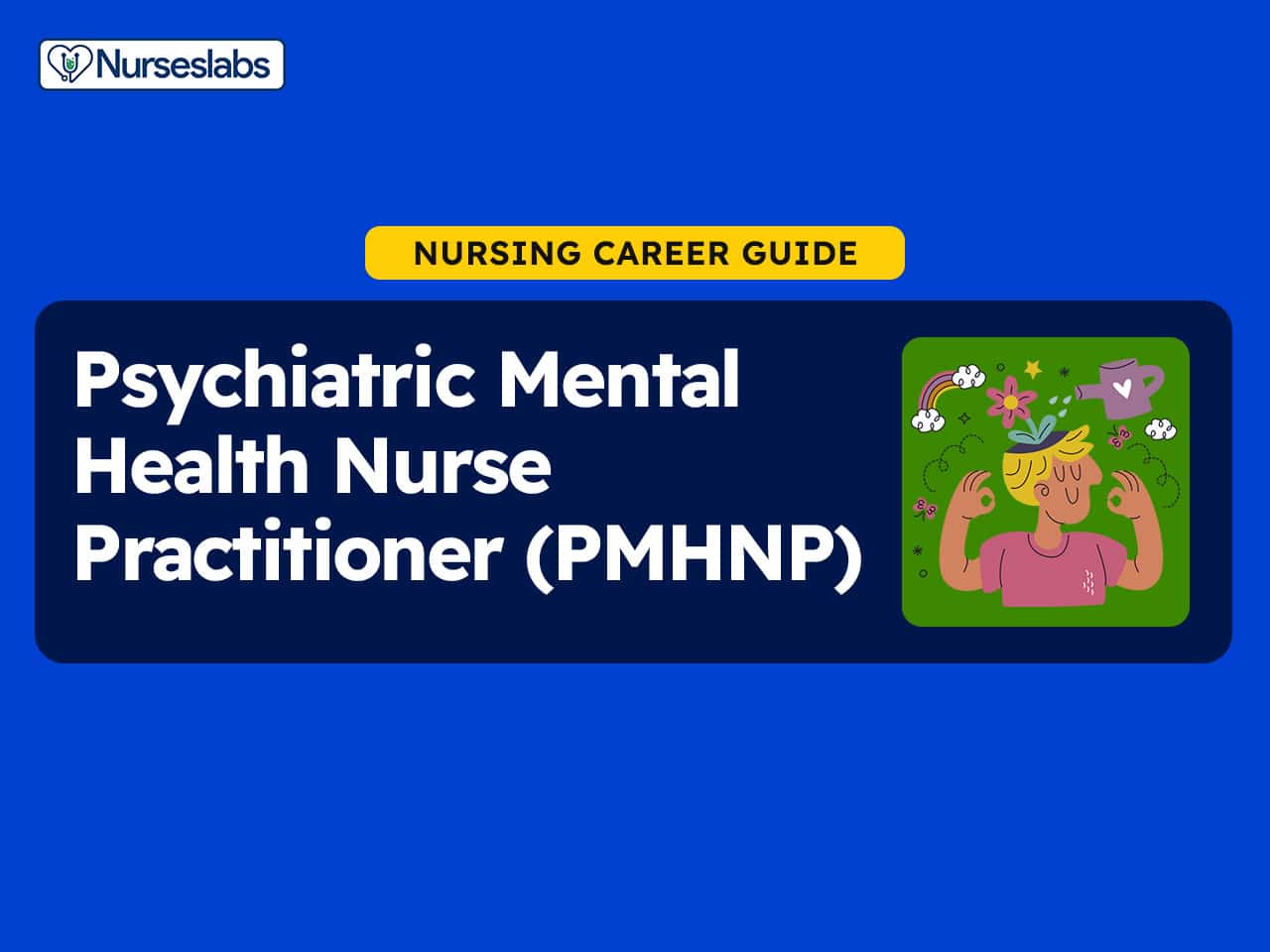

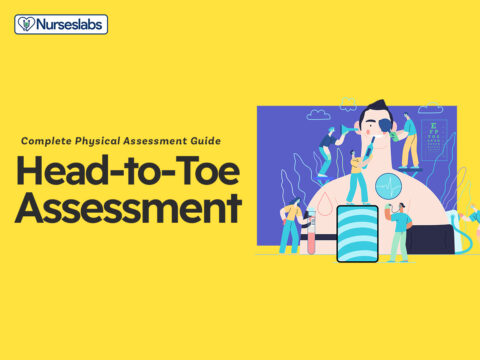
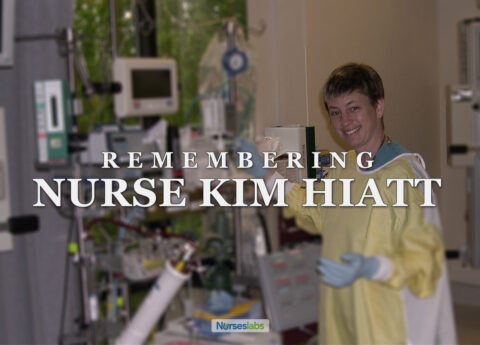

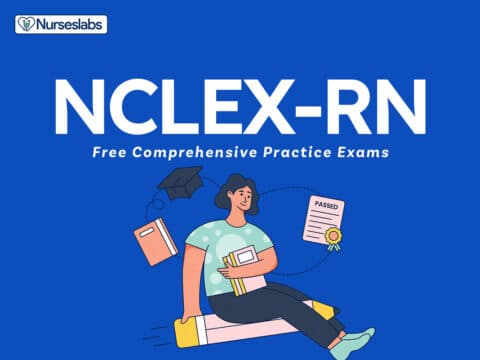
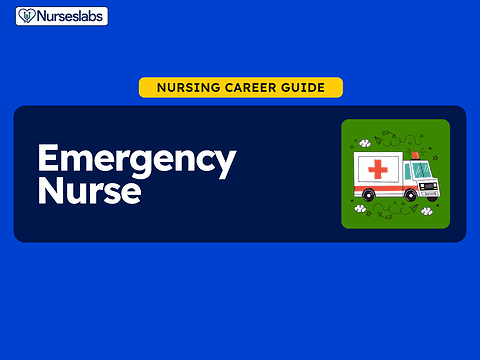
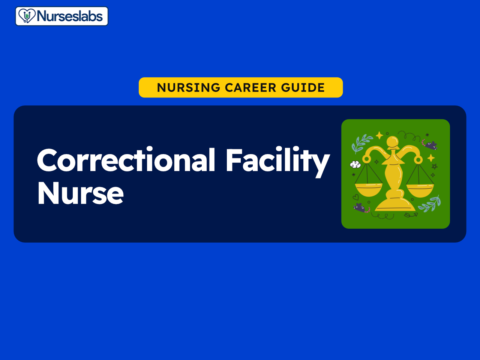
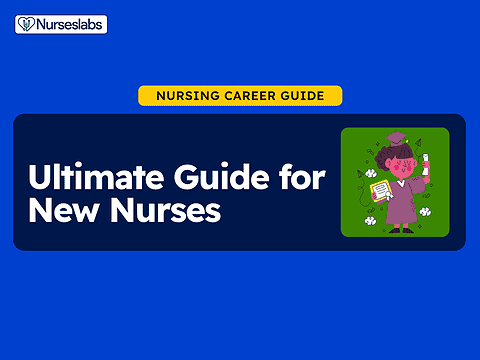
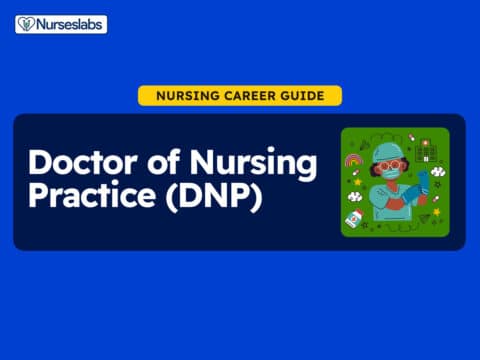
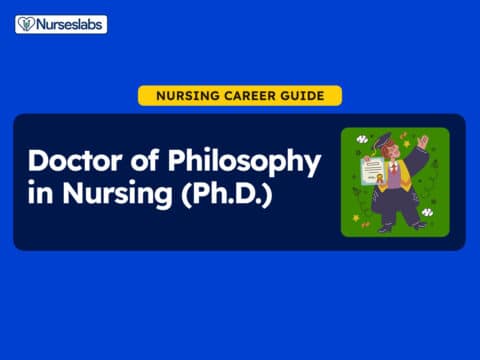
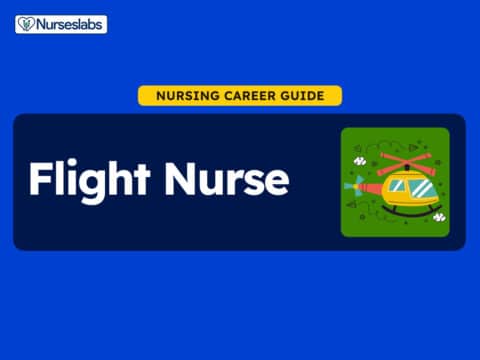
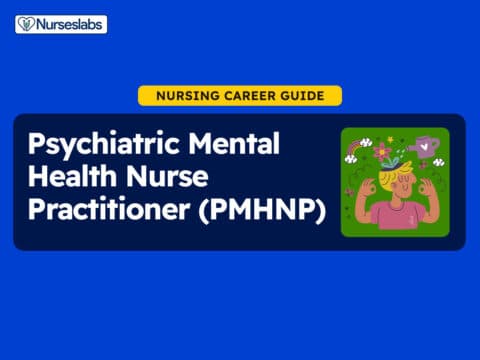
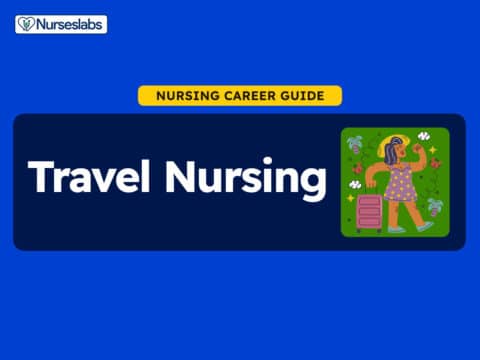
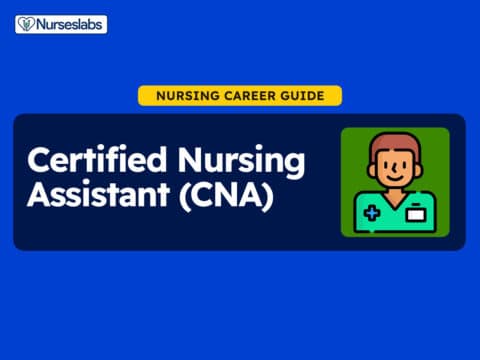
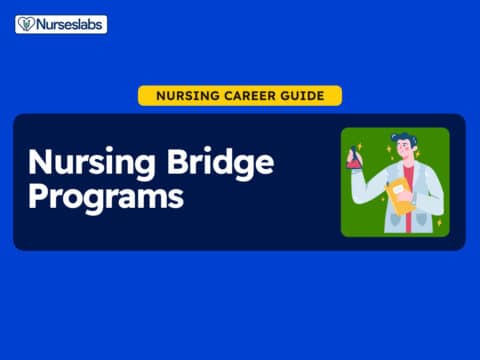
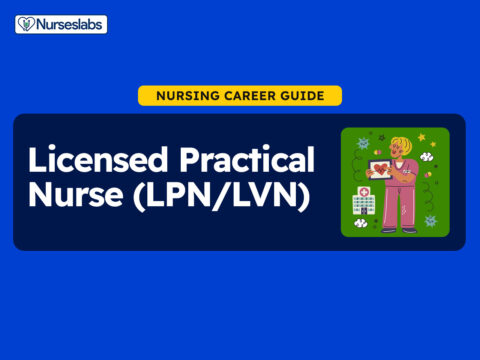
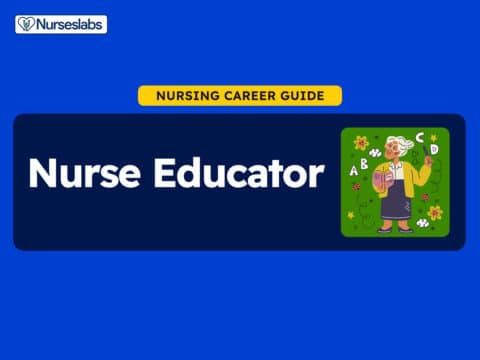
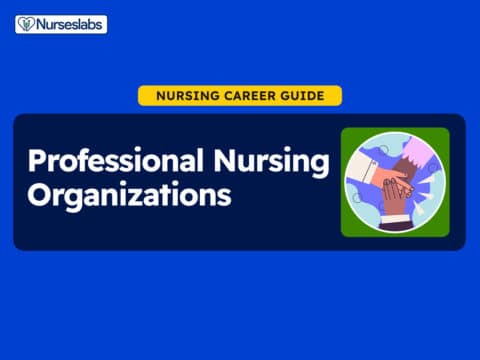
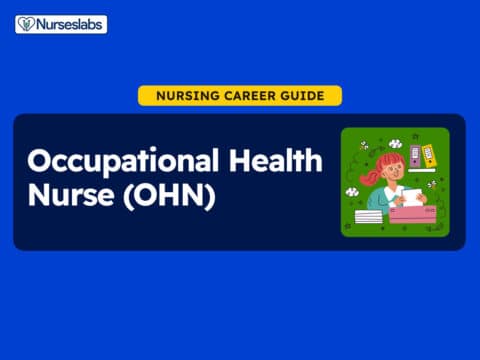
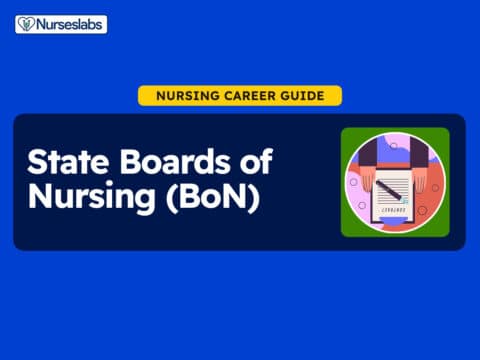
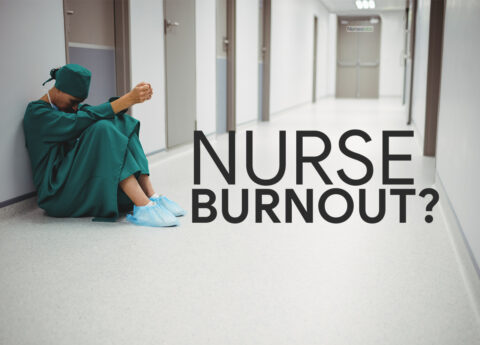
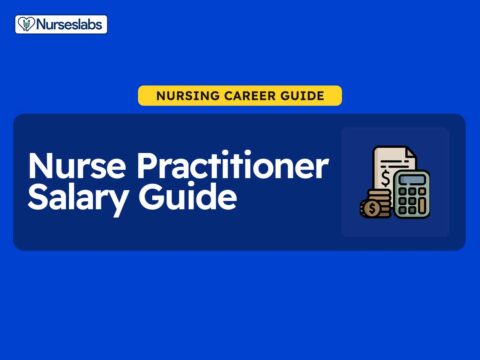
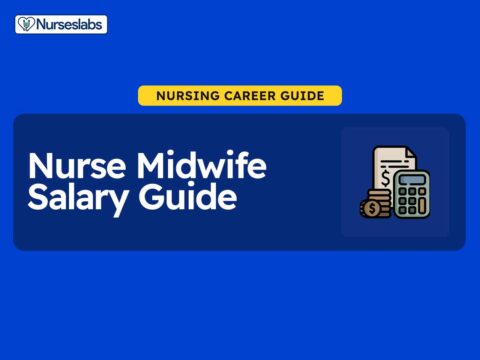
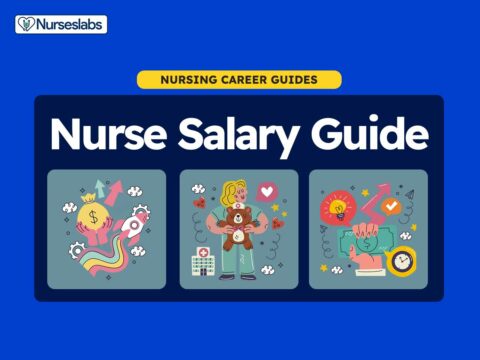
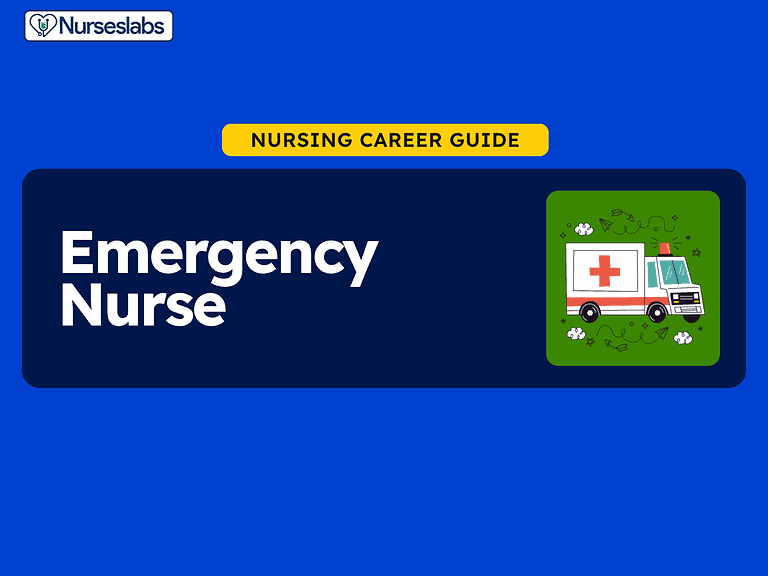

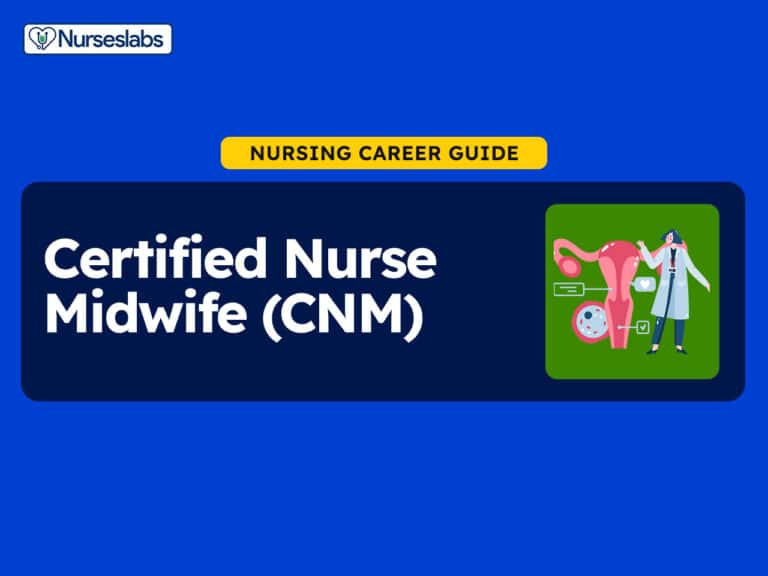

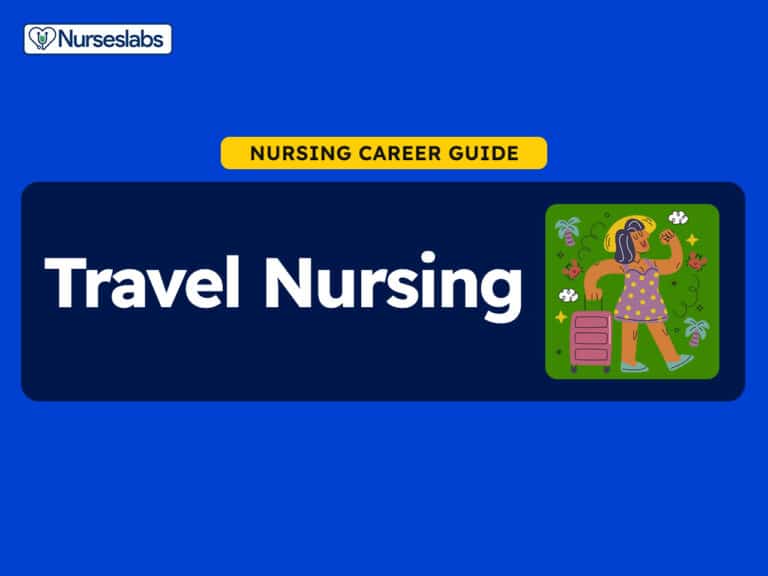
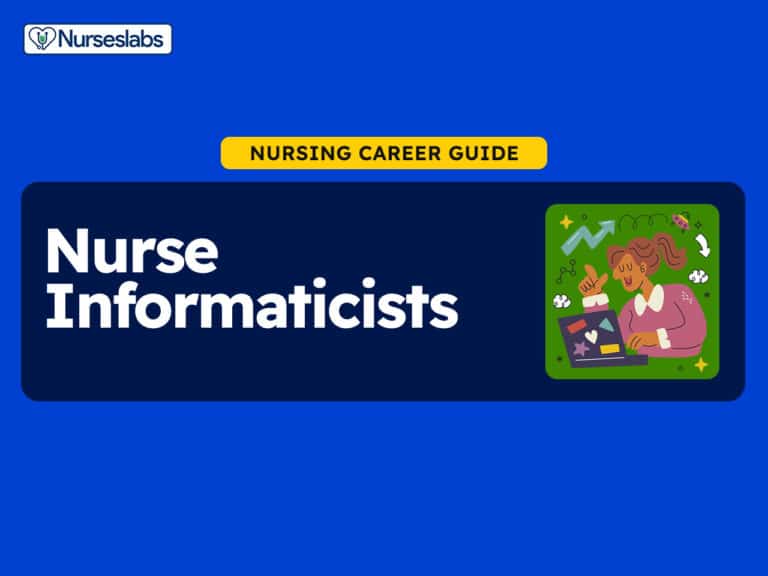
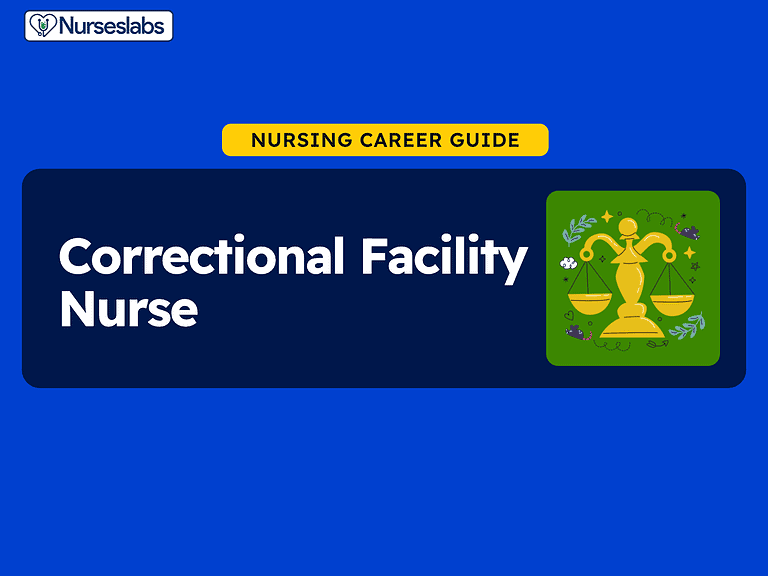
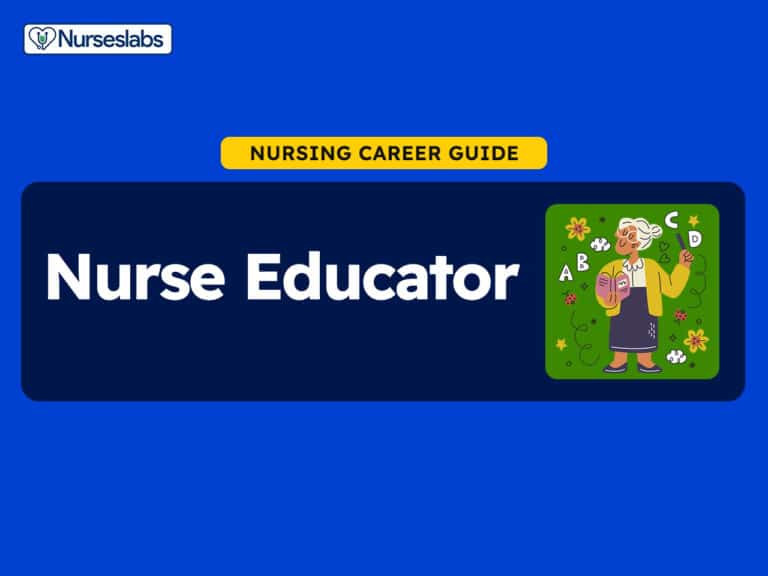
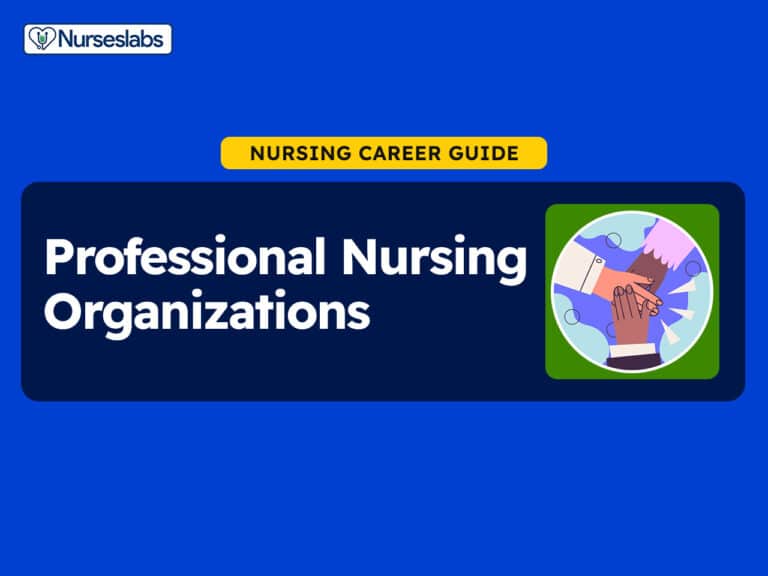
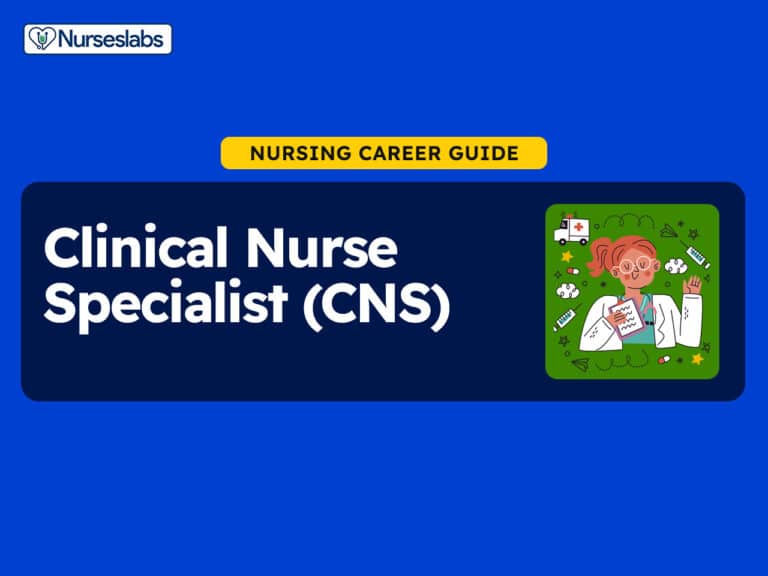
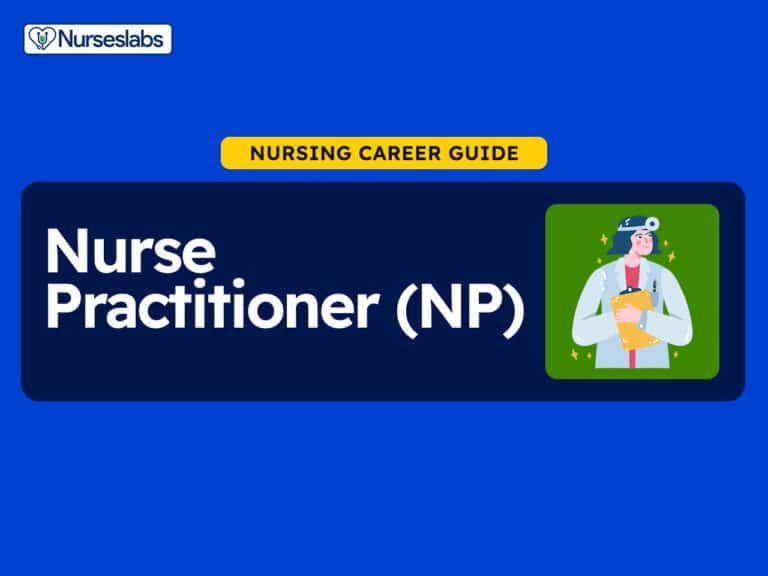
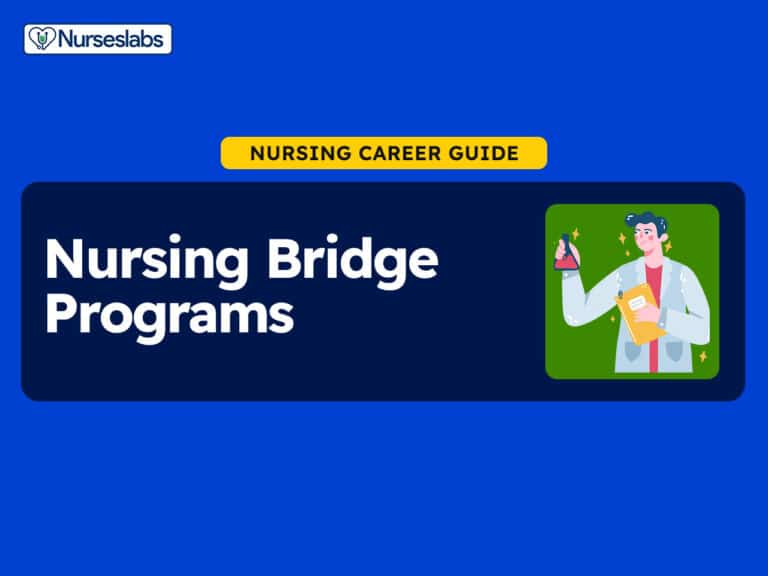
Leave a Comment